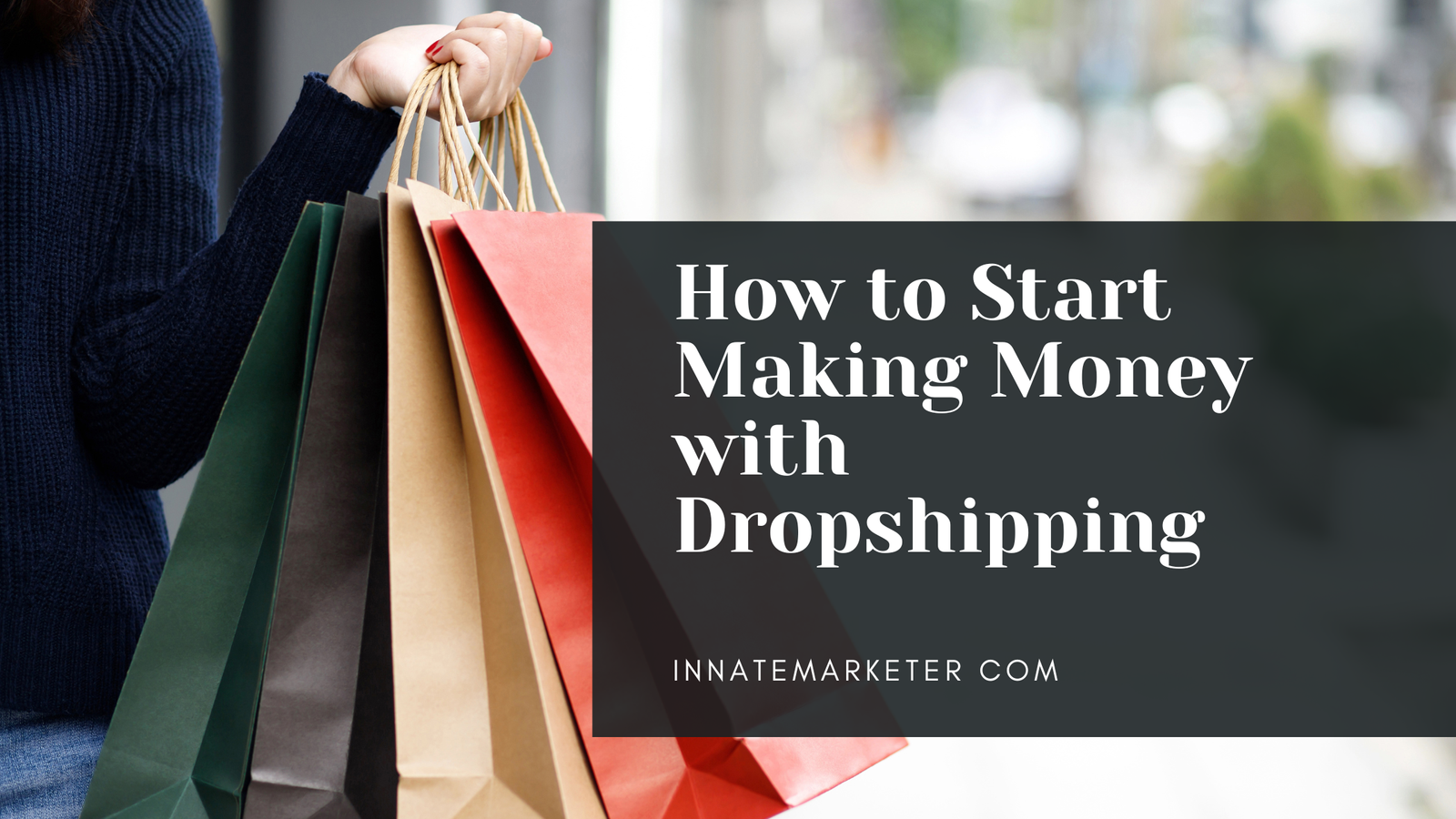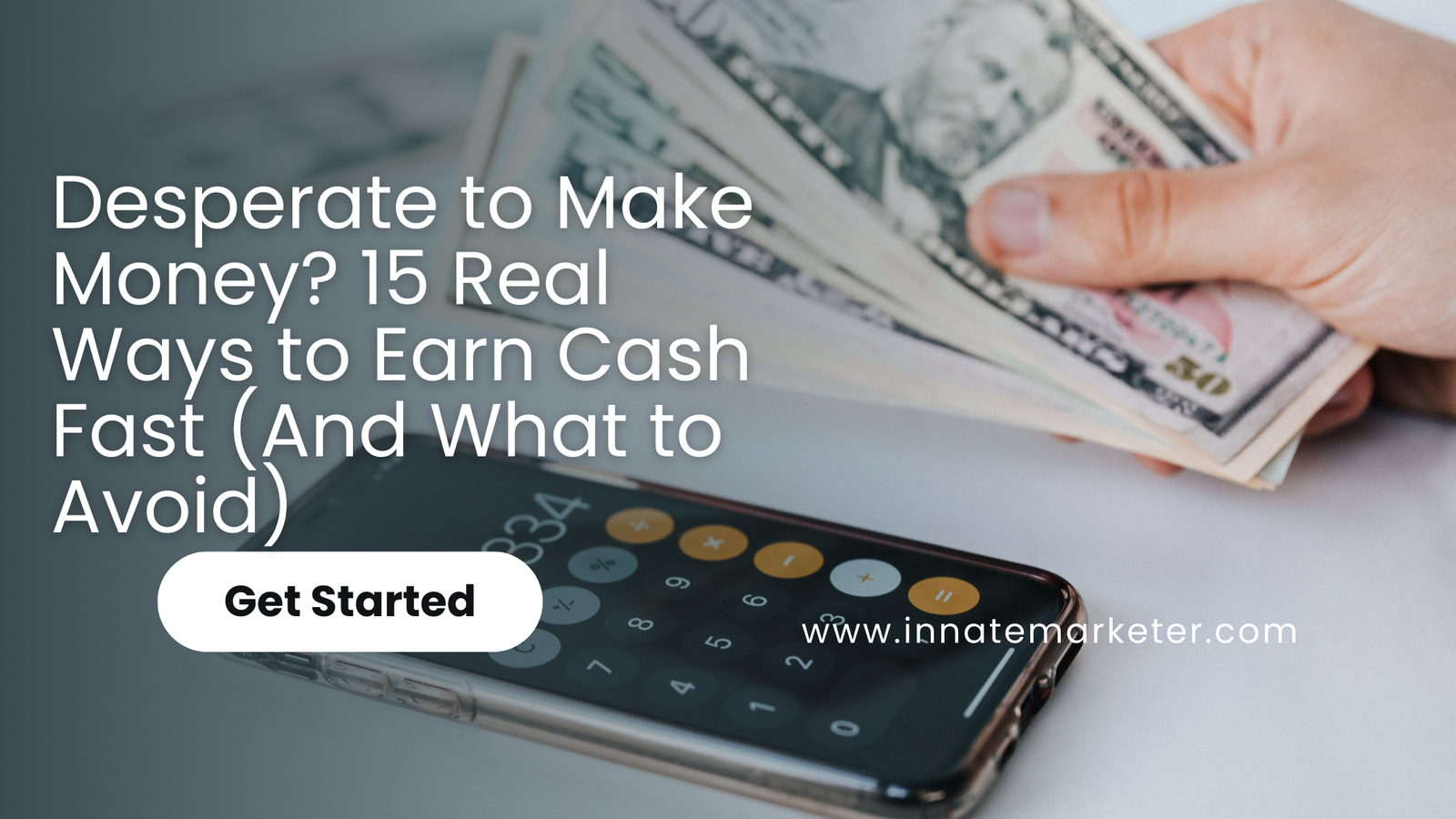Dropshipping is a low-risk eCommerce model that lets you sell products without holding inventory. You only buy items from a supplier after you make a sale, and the supplier ships them directly to your customer.
What is Dropshipping?
In dropshipping, you run an online store, list products, and market them. When someone places an order, the product is sourced from a third-party supplier like AliExpress, who handles shipping. You earn profit from the difference between your selling price and the supplier’s cost.
Step-by-Step Guide to Start Dropshipping
Step 1: Choose a Profitable Niche
Look for products that are:
Learn the passive income models behind real net worth stories.
Simple strategies • Beginner-friendly • Practical
Get the Passive Income Playbook- In demand but not overly saturated.
- Lightweight and easy to ship.
- Priced between $20–$100 for better profit margins.
Popular niches:
- Health and wellness
- Pet products
- Home gadgets
- Fashion accessories
- Beauty and skincare
Step 2: Research Products and Suppliers
Use tools like:
- AliExpress – wide range of products and suppliers.
- Spocket – US/EU suppliers for faster shipping.
- CJ Dropshipping – product sourcing and fulfillment.
Check for:
- Supplier ratings and reviews.
- Delivery times.
- Product quality (order samples if possible).
Step 3: Set Up Your Online Store
Use platforms like:
- Shopify – beginner-friendly, with dropshipping apps like Oberlo or DSers.
- WooCommerce – for WordPress users.
- BigCommerce – scalable with more customization.
Steps:
- Pick a store name and buy a domain.
- Choose a store theme.
- Install dropshipping apps for importing products.
- Add product descriptions, pricing, and images.
Step 4: Set Up Payment Methods
Enable payment gateways like:
- PayPal
- Stripe
- Shopify Payments
Make sure your payment methods support your target countries.
Learn the passive income models behind real net worth stories.
Simple strategies • Beginner-friendly • Practical
Get the Passive Income PlaybookStep 5: Price Your Products
Use a pricing strategy like:
- Cost of product x 2.5 or 3 = Selling price. Factor in shipping costs, taxes, and payment fees.
Step 6: Launch Your Store and Start Marketing
Drive traffic using:
- Facebook Ads – target specific interests and behaviors.
- TikTok Ads – great for viral products.
- Influencer Marketing – pay micro-influencers for promotions.
- SEO and Blogging – organic traffic from search engines.
Create high-quality product photos and videos for ads and social media.
Step 7: Process Orders
When someone orders:
- Go to your dropshipping supplier’s platform.
- Enter the customer’s shipping details.
- The supplier ships directly to the customer.
Use automation tools like DSers to speed this up.
Step 8: Provide Excellent Customer Support
- Send order confirmation and shipping emails.
- Handle inquiries promptly.
- Have a clear refund and return policy.

Step 9: Optimize and Scale
- Analyze which products sell best.
- Increase ad spend on winning products.
- Test upsells and bundles.
- Expand your store’s product range.
Tools You’ll Need
- Shopify – store builder.
- AliExpress, Spocket, CJ Dropshipping – suppliers.
- DSers/Oberlo – automate product import and order processing.
- Canva – design marketing materials.
- Facebook Ads Manager – run ad campaigns.
- Google Analytics – track traffic and conversions.
Final Thoughts
Dropshipping offers a simple way to enter eCommerce with minimal upfront costs. Success depends on product selection, marketing, and customer experience. With dedication and consistent effort, it can become a reliable source of income.



